Global Patient Populations Need International Medical Cannabis Policies to Evolve
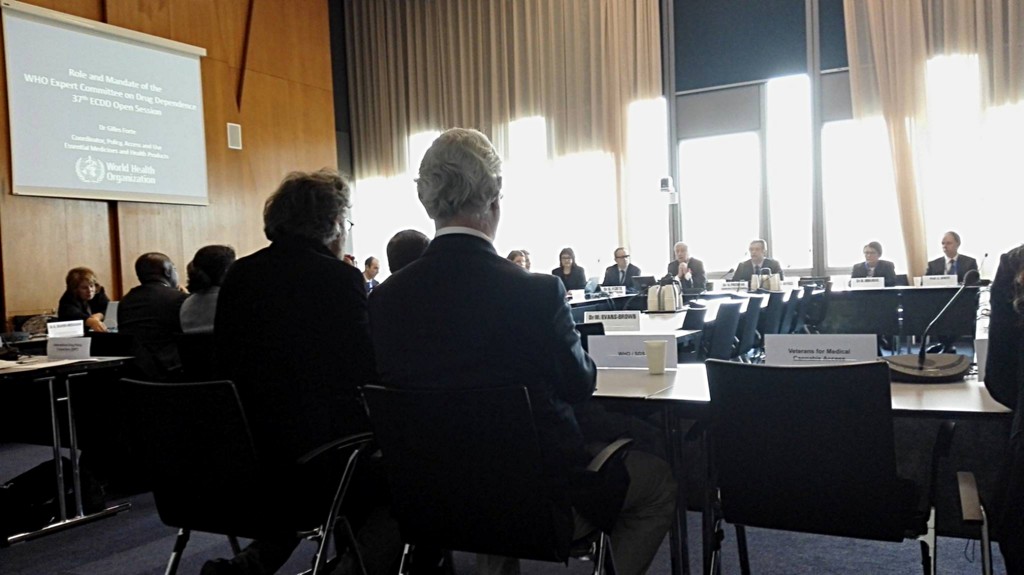 On the 37th Meeting of ECDD held in Geneva, Switzerland, 16 – 20 November 2015, the IMCPC has have the opportunity to address the Expert Committee.
On the 37th Meeting of ECDD held in Geneva, Switzerland, 16 – 20 November 2015, the IMCPC has have the opportunity to address the Expert Committee.
Here is the testimony of Steph Sherer:
Thank you for allowing me to address World Health Organization’s Expert Committee on Drug Dependence (ECDD). Your work here is extremely important, especially as the United Nations (UN) prepares for its General Assembly Special Session on Drugs (UNGASS 2016), scheduled for April 2016 in New York. I am the founder and Executive Director of Americans for Safe Access (ASA), the leading medical cannabis patient advocacy organization in the United States. I am here representing over 100,000 individuals in the US that are using medical cannabis, and as a founding member of the International Medical Cannabis Patient Coalition (IMCPC), I am representing patients from thirty four countries. It is our hope that ECDD will make a recommendation for cannabis to be removed from Schedule IV and reassigned to a schedule that takes into consideration it medical use.
Today over two-thirds of the population of the United States and its territories live in regions with medical cannabis laws, and over 2.5 million individuals are legally using medical cannabis. Canada, Israel, Netherlands, Czech Republic, Croatia, Mexico, Uruguay, Romania, Germany, Jamaica, Australia, Columbia and Switzerland all have national medical cannabis programs and dozens of other countries are reviewing legislation. These programs have had a positive impact on the individuals now legally allowed to use cannabis under the recommendation of their doctors. Furthermore, studies have also shown medical cannabis laws are also having positive impacts on over all public health.
A 2005 study from the Journal of Acquired Immune Deficiency Syndromes 1found that “patients who use cannabis therapeutically are 3.3 times more likely to adhere to their antiretroviral therapy regimens than non-cannabis users.” In 2014, an article from the Journal of American Medicine2 found that “States with medical cannabis laws had a 24.8% lower mean annual opioid overdose mortality rate compared with states without medical cannabis laws.” A recent report from National Bureau of Economic Research 3 stated: “Our findings suggest that providing broader access to medical marijuana may have the potential benefit of reducing abuse of highly addictive painkillers.”
Through nearly two decades of experimentation, medical cannabis programs in the US and world-wide include robust regulations to address public health and safety issues, including diversion and abuse. Almost all of the laws and regulations adopted after 2012 include product safety protocols that were developed by the American Herbal Products Association (AHPA)4 and with the guidance of the American Herbal Pharmacopeia’s (AHP) Cannabis monograph5. The American Herbal Products Association (AHPA) is the principal US trade association and voice of the herbal products industry since 1982. The American Herbal Pharmacopoeia (AHP)has developed science-based qualitative and therapeutic monographs on Western herbs since 1994. Despite the positive impact of medical cannabis laws, they are arguably in varying degrees of conflict with International treaties, most notably the UN Single Convention Treaty of 1961. The UN Single Convention Treaty has been used by governments across the globe, including the United States, to derail attempts to reform national medical cannabis laws and research. At the “Medical Cannabis and Cannabinoids: Policy, Research and Medical Practice” conference in Prague March 4-7, 2015, representatives of organizations of medical cannabis patients from thirteen countries met and established the International Medical Cannabis Patient Coalition (IMCPC), and put together a Declaration6 addressing UNGASS 2016. The Declaration called on the UN to take the following actions:
Recommends
– that increased attention and resources are being given at the national and international level to the treatment with medical cannabis and cannabinoids, and its research in particular
Invites
– all countries to secure stable, safe, economically available access to medical cannabis and its derivatives to everyone who is indicated medically for such treatment
Requires
– that the UN General Assembly Special Session on Drugs 2016 request that Governments either
o exclude the cannabis out of the 1961 UN Convention with no other actions, or
o prepare, debate and accept a Special UN Convention on Cannabis, that would be based on the scientific evidence, human rights and the wellbeing of societies, and
o as suggested by the World Health Organization, re-schedules cannabis to account for its medical use, and in amendment prepare special regulations for medical cannabis that would not mimic those of medical opiates and opium
Cannabis is scheduled in Schedules I and IV of the Single Convention on Narcotic Drugs as amended by the 1972 Protocol (the “Single Convention”). This scheduling was created based on a report created by the Health Committee of the League of Nations in 1935. To date, ECDD has not conducted an updated review. In 2009, the Commission on Narcotic Drugs, in its Resolution 52/5, requested an updated review by ECDD. In 2013,
the International Narcotics Control Board in its annual report, invited WHO, in view of its mandate under the 1961 Convention, to evaluate “the potential medical utility of cannabis and the extent to which cannabis poses dangers to human health”. The current international policies on cannabis are outdated and are having a detrimental impact on patients in the United States and worldwide. New policies should take into account new clinical research, product safety protocols for cannabis cultivation, manufacturing, and distribution, and global patient needs. With the UNGASS 2016 meetings around the corner, the world’s attention has turned to this Committee and its power to recommend the rescheduling of medical cannabis to account for medical use and access requirements under international policies.
It was my understanding that my role here today was to comment on the ECDD’s updated report on Cannabis and Cannabis. However, the report for whatever reason was not available. The various organizations with which I work and I are here to help the committee in what ever way may be needed to move this process forward. Global patient populations need international medical cannabis policies to evolve. The whole world is watching this process and depending on your insight and leadership.
Thank you for time and consideration.
Steph Sherer
Americans for Safe Access (ASA)
International Medical Cannabis Patients Coalition (IMCPC)

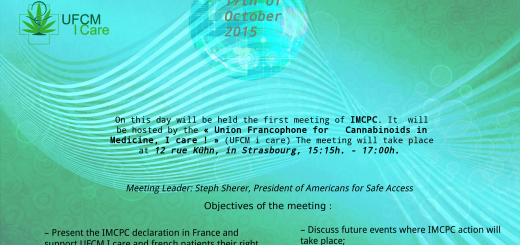
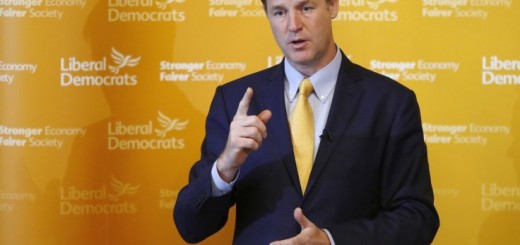

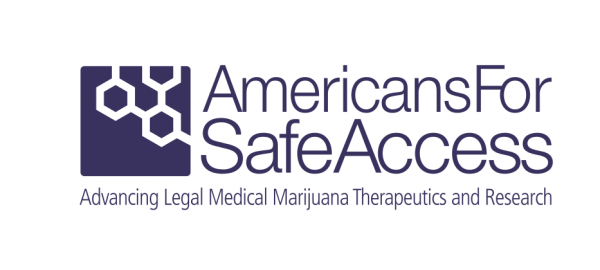
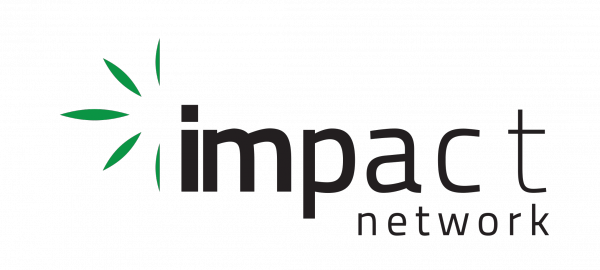
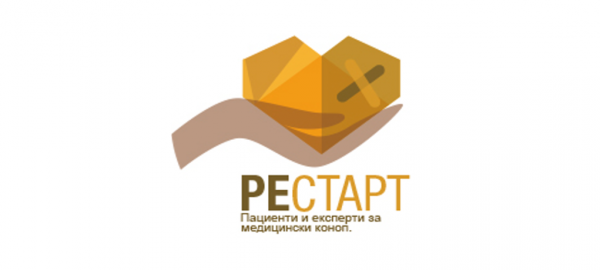
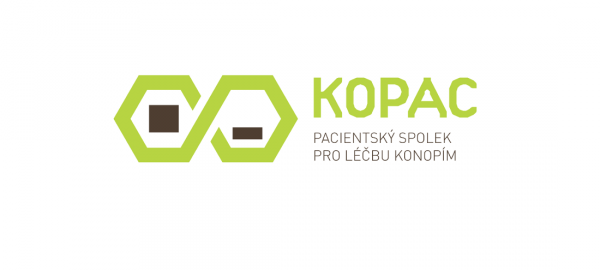
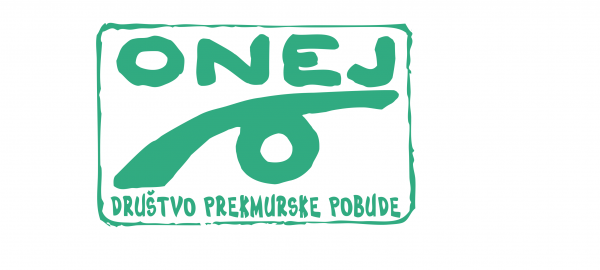
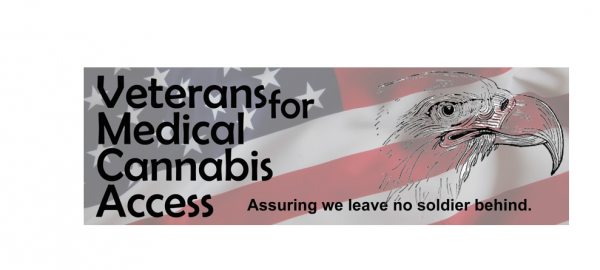
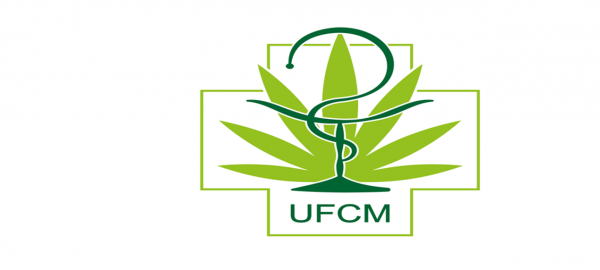
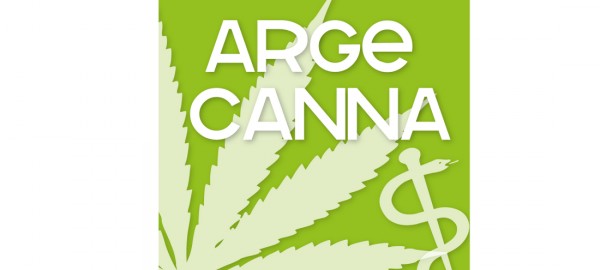
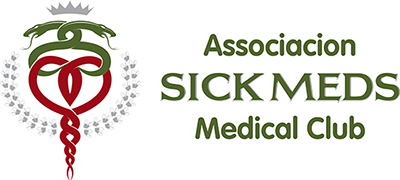

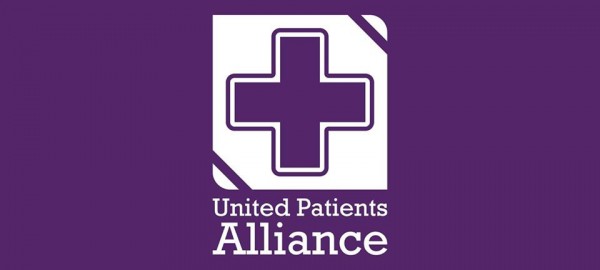

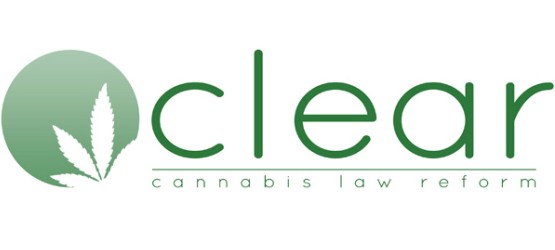
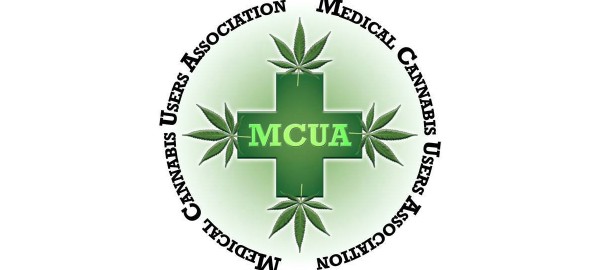
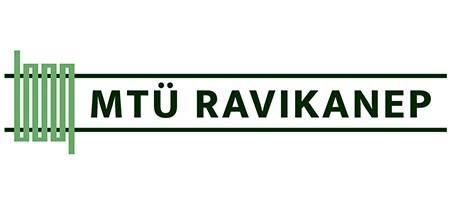
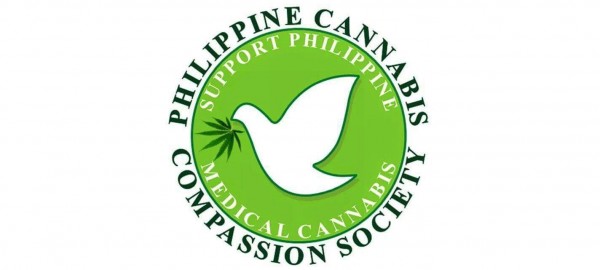
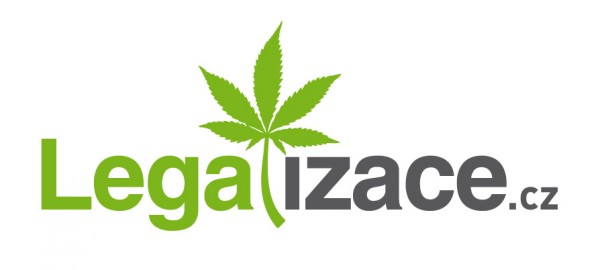
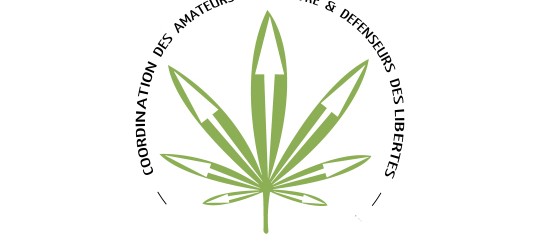
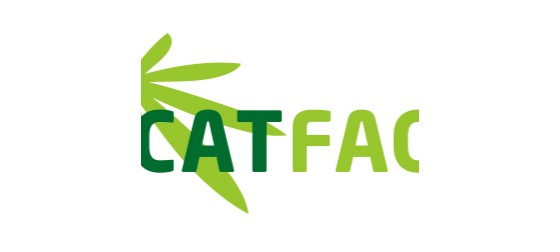


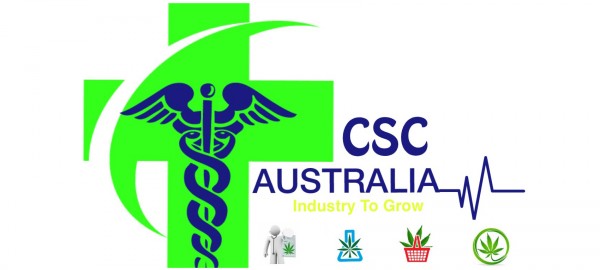
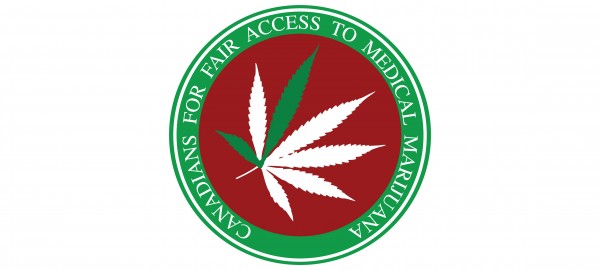
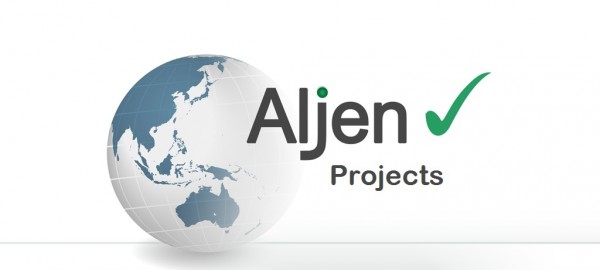
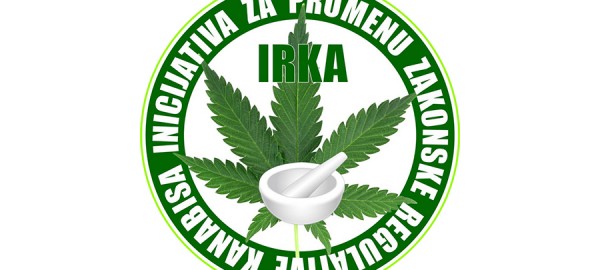
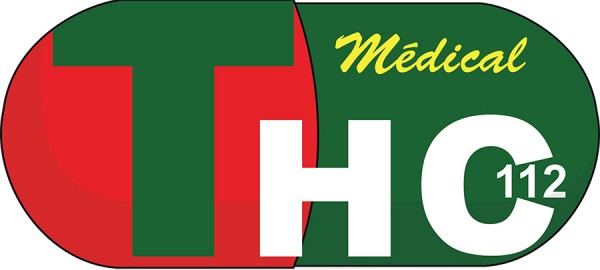
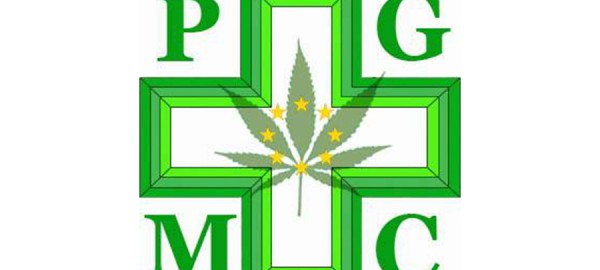
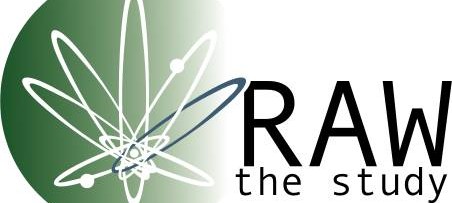

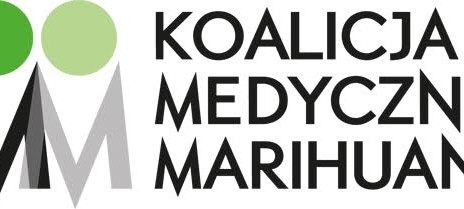

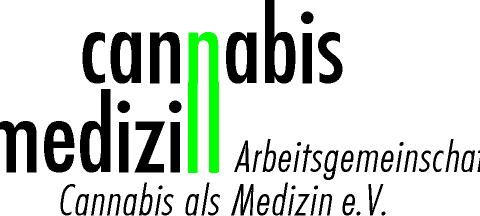

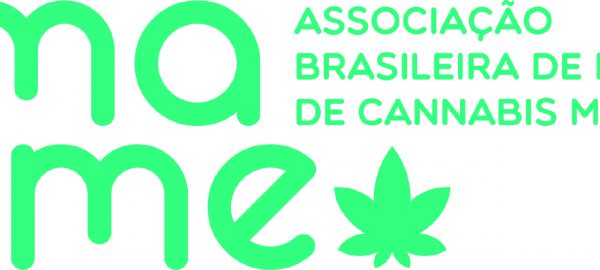

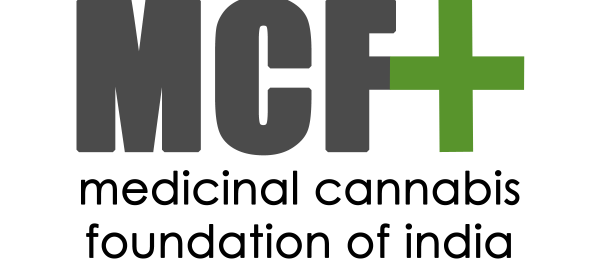
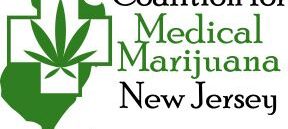

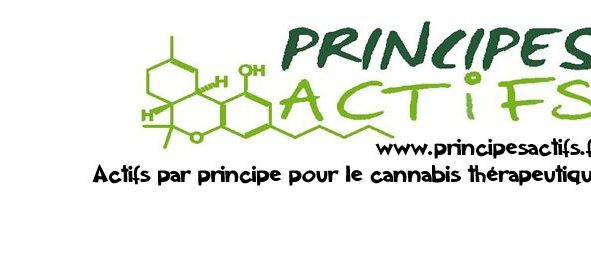
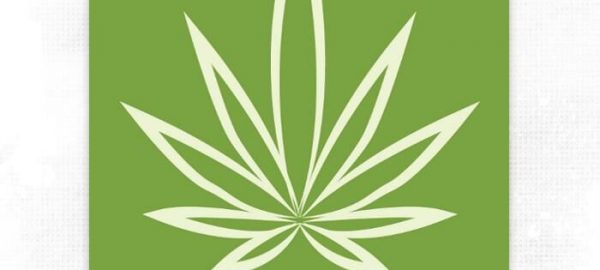
Great work everyone! We really wait for the report…